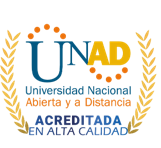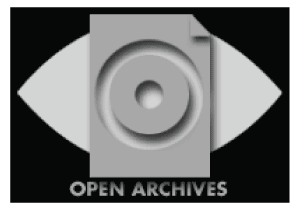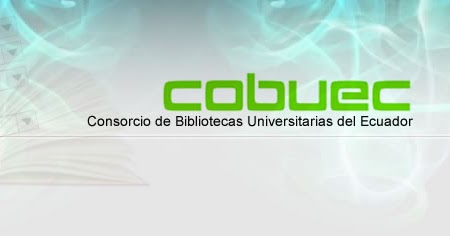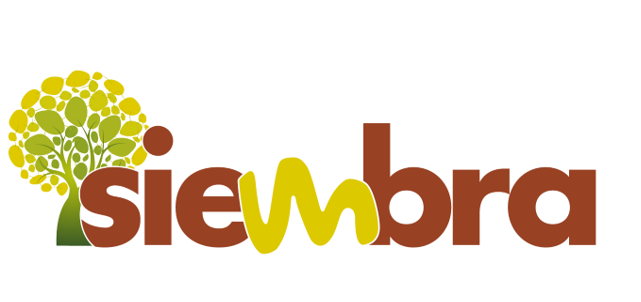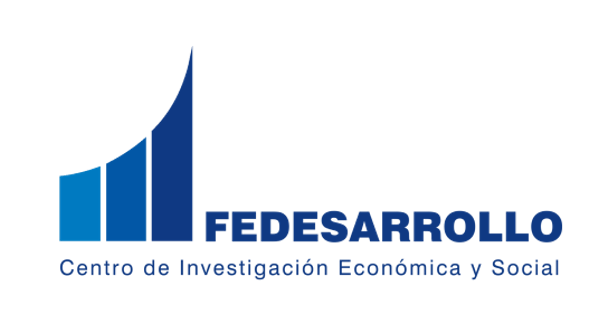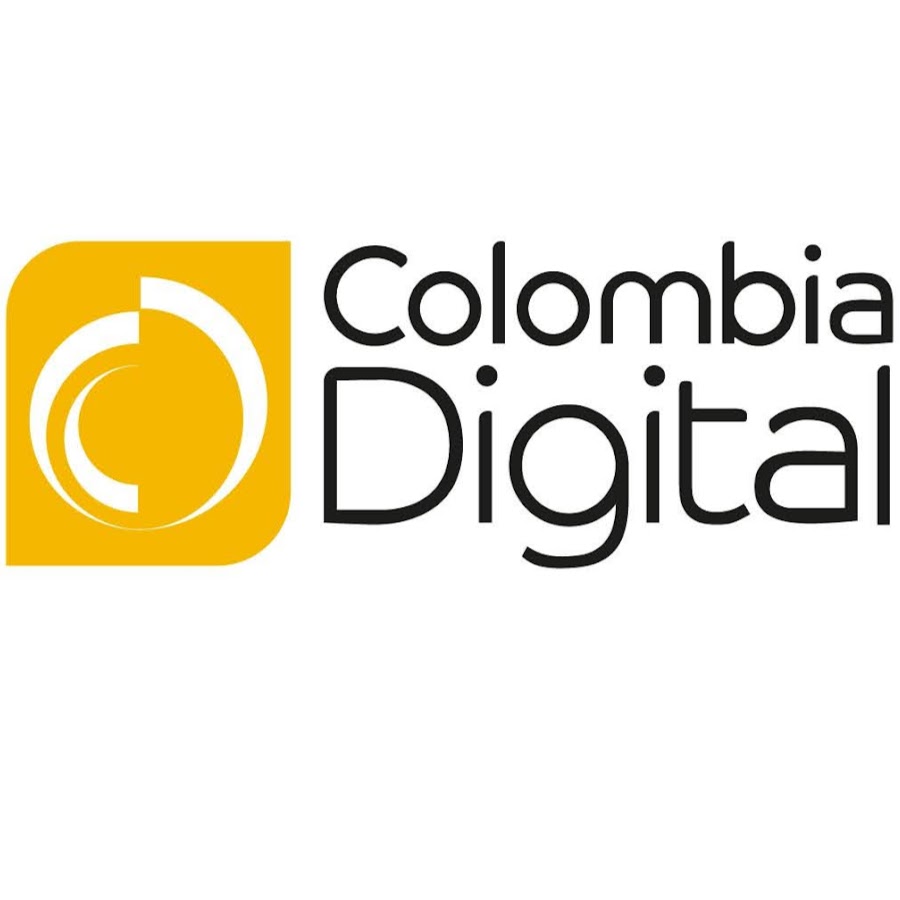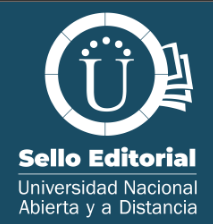Reconstrucción de memoria y propuesta pedagógica en el municipio de Toca (Boyacá, Colombia). Del desarrollo al Posdesarrollo Rural
Reconstruction and pedagogical memory in Toca town (Boyacá, Colombia). From Development to the Rural Post-Development
Reconstruction and pedagogical memory in Toca town (Boyacá, Colombia). From Development to the Rural Post-Development
Compartir
Autor
Alba Maldonado, José Manuel
García Cabana, Andrea Carolina
Publicador
Universidad Nacional Abierta y a Distancia, UNADCitación
Gestores bibliográficos
Metadatos
Mostrar el registro completo del ítemResumen
El siguiente artículo es resultado de la tesis de grado en la Maestría en Desarrollo Rural, Titulada “Posdesarrollo rural. Propuesta pedagógica de rescate de memoria en el municipio de Toca- Boyacá”. El artículo está dividido en tres partes, la primera se enfoca en la descripción sobre el problema y el objetivo, centrado en una crítica al desarrollo y mostrando cómo el posdesarrollo es un camino viable, teniendo como base la memoria colectiva en una propuesta pedagógica. En la segunda parte, se hace una breve descripción de la metodología de la investigación, ubicándola en un enfoque histórico hermenéutico, dentro de un método etnográfico en lo que respecta al rescate de memoria colectiva del Municipio y de investigación acción participativa en lo que respecta al trabajo con los estudiantes del Instituto Técnico Agrícola de Toca; en ésta parte también se hace una revisión bibliográfica sobre el concepto de posdesarrollo. En la última parte, se realiza una exposición de los resultados, dividida en dos secciones, en la primera se muestra, fruto del trabajo etnográfico, el rescate de la memoria, descubriendo sitios de importancia histórico-cultural, cuentos folclóricos entre otros; la segunda parte, evidencia el trabajo con los estudiantes, su transformación en investigadores y el encuentro con la memoria, todo esto enmarcado en el proceso de cimentación del posdesarrollo. The following article is the product of a master`s thesis in Rural Development, entitled “Post-rural development. A pedagogical proposal for the recovery of memory in the municipality of Toca-Boyacá”. The article is divided into three parts: the first focuses on describing the problem and the objective, and is centered on a critique of development while arguing for post-development as a viable route, based on the collective memory of a pedagogical proposal. The second part is a brief description of the methodology of the study, placing it in a historical hermeneutic focus using an ethnographic method that recovers the collective memory of the municipality, and participatory action research relating to students of the Instituto Técnico Agrícola de Toca. Furthermore, this part includes a literary review on the concept of post-development. The last part presents the results, divided into two sections, the first showing, the fruit of ethnographic investigation, the recovery of memory, discovery of historically and culturally important sites, and folktales among others. The second part presents the work of the students, their transformation into the role of researchers and their encounter with memory, all framed in the post-development process foundation.
Escuela
http://hemeroteca.unad.edu.co/index.php/riaa/article/view/963/952/*ref*/Aguirre, Á. (1995). Etnografía. Metodología cualitativa en la investigación sociocultural. Bogotá: Alfaomega. p. 3
/*ref*/Alcaldia Toca. (s.f.). Toca, Nuestro municipio. Recuperado de: http://www.toca-boyaca.gov.co/index.shtml
/*ref*/Alcocer, M. (1998). Investigación Acción Participativa. En E. J. Galindo, Técnicas de investigación en sociedad, cultura y comunicación (pág. 439). Mexico: Parson. p. 439.
/*ref*/Chávez, T. (2010). Tiempo y espacio, territorio y memoria (reflexiones desde la antropología). Revista Universidad de Sonora . p. 25.
/*ref*/Degreiff, A.(Diciembre de 2005). Lo que no sabemos sobre el intercambio tecno-científico entre sur y norte: norte-centrismo, difusión científica y estudios sociales de la ciencia. En Revista de Estudios Sociales.Revista No 22 .p. 59.
/*ref*/Escobar, A. (1996). La invención del tercer mundo. Bogota: Grupo Editorial Norma. p. 70, 279, 11.
/*ref*/Fontana, J. (2006). ¿Para qué sirve la historia en tiempos de crisis? Bogota: Ediciones pensamiento Critica Colección mundo sin fronteras. p. 182
/*ref*/Forero, J. (2010). Economía campesina, pobreza, tierra y desplazamiento en Colombia. En J. FORERO, El campesino colombiano (pág. 10). Bogota: Pontificia Universidad Javeriana.
/*ref*/Machado, A. (2001). El modelo de desarrollo agrícola. En Apuntes del CENES. vol 20. No 31-32. p. 202.
/*ref*/Max-Neef, M. (1997). Desarrollo a Escala Humana: Una opción para el futuro. Medellín.: CEPAUR Fundación. Proyecto 20 editores. p. 110, 19, 20, 16
/*ref*/Max-Neef, M. (1984). La economía descalza. Montevideo: Editorial Nordan-CEPAUR. 135, 196.
/*ref*/Triana, A. (2003). Sentido y cultura. Realidad de la Escuela Rural. Tunja: Publicaciones UPTC. p. 17.
Formato
application/pdfTipo de Recurso Digital
info:eu-repo/semantics/articleinfo:eu-repo/semantics/publishedVersion
Colecciones
- Revista RIAA [1073]

